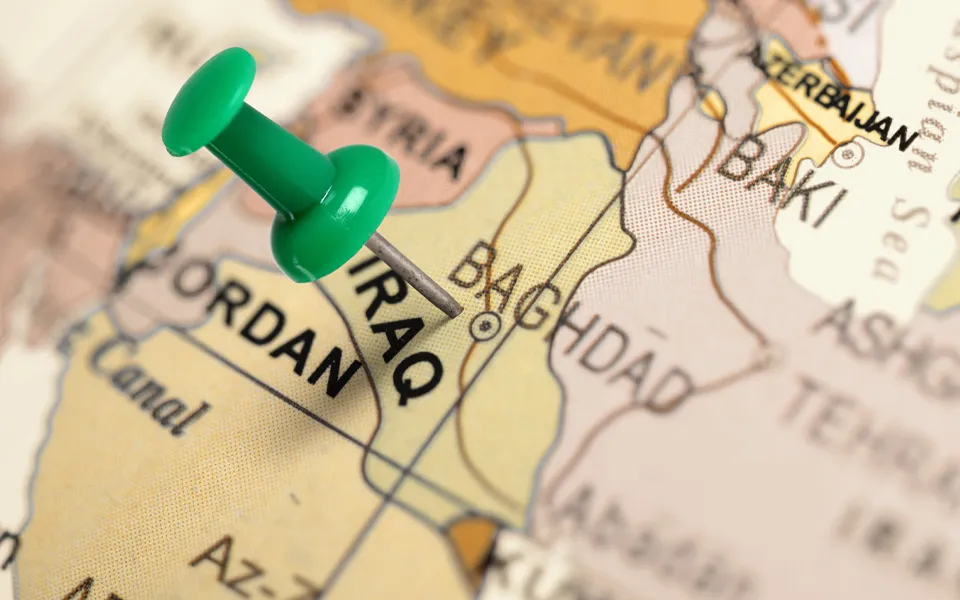
Health and safety in times of war - the battle for Mosul

Background
In the battle for Mosul between October 2016 and March 2017, nearly half of all casualties were civilians. Attacks destroyed much of the city’s healthcare infrastructure, leaving communities without access to urgent medical care.
The Iraqi Department of Health called for international assistance through the United Nations and the World Health Organization (WHO). Aspen Medical became the first commercial company in the world contracted by WHO to deliver clinical services, tasked with managing and resourcing a trauma field hospital and maternity unit.
Approach
Aspen Medical established three field hospitals in Iraq over a 14-month period. Our approach combined international expertise with local cooperation.
We adapted processes and procedures to incorporate local resources, infrastructure and cultural knowledge, ensuring the solution was sustainable for the region. This allowed us to empower local medical teams and create a pathway to transition the facilities to the Iraqi Ministry of Health.
Supporting our workforce was equally critical. Field hospital work is both challenging and rewarding, and Aspen Medical ensured our clinicians were mentally and practically prepared for deployment. Safety was also paramount. Facilities were designed to be self-contained, carefully located and operated with strict protocols to minimise transport risks for both patients and staff.
As Bruce Armstrong, Group CEO of Aspen Medical, reflected:
Results
Across all sites, 140 staff from 25 countries worked together to treat 47,890 patients and deliver 2,997 babies. Despite dangerous conditions and the traumatic nature of injuries, the hospitals achieved a mortality rate of just 0.39 per cent.
Glenn Keys AO, Executive Chairman and Founder of Aspen Medical, highlighted the significance of the effort:
Outcome
Each of the three field hospitals was successfully transitioned to the local Iraqi province Department of Health, with operations continuing to this day. By building solutions with local teams and systems at their core, Aspen Medical ensured that high-quality healthcare would remain available long after the immediate crisis ended.

